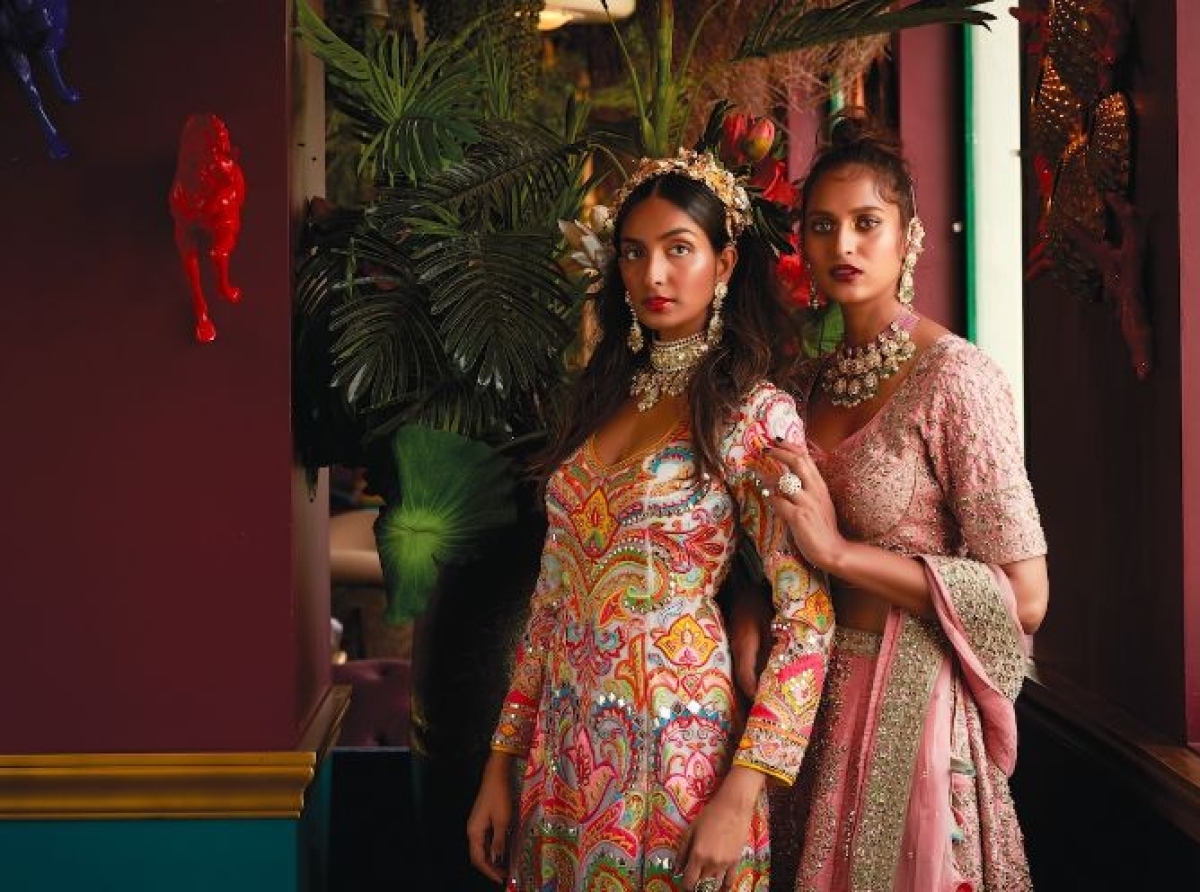03 July 2023, Mumbai
The wedding attire market experiences a notable sales decline due to the economic downturn and changing fashion trends.
CMAI's survey confirms a sharp drop in wedding clothing sales, reflecting evolving preferences and challenging economic conditions.
The clothing industry is anticipated to undergo significant growth
Among the 110 wedding clothing manufacturers surveyed, approximately 77 percent reported average to poor sales during the May-June 2022 wedding season.
The weak performance was attributed to various factors, with over 60 percent of respondents citing the general economic slowdown and 14 percent pointing to high prices.
Additionally, 13 percent believed that a decrease in auspicious days compared to the previous season contributed to the drop in sales. The current market slowdown, driven by overall inflationary conditions, is expected to persist throughout the first quarter of the financial year.
This slowdown is affecting both the value and upper segments of consumers, according to CMAI President Rajesh Masand.
Youth embraces the Western cultural influence
Compared to the previous year, a significant majority (83 percent) of respondents reported no growth in wedding clothing sales this season. Approximately 40 percent indicated a decline of 10 to 25 percent in sales compared to the previous year.
The survey also highlighted changing consumer preferences, with economically priced products outperforming their more expensive counterparts. Lighter embroidery and pastel colors were in high demand.
The influence of Western culture and the accessibility of social media content are gradually shifting the fashion choices of the youth, particularly in the women's wear segment, where traditional clothing is being replaced by Western styles.
Men rediscover traditional attire
On the other hand, a resurgence of traditional attire among men during festivals and weddings is being observed.
Rising costs and Price-Led Growth challenge sales volume
The garment sector has been expanding at an annual pace of 8-10 percent, driven by the return of consumers to physical stores, rising costs of raw materials and production have posed challenges.
Despite an estimated overall industry expansion of 15-20 percent between 2022 and 2023, volume growth is projected to be 3-5 percent lower than the previous year, primarily driven by price-led growth
Dynamic fashion scene continuously evolves
The increasing demand for economically priced products, with lighter embroidery and pastel colors being favored.
The influence of Western culture and the accessibility of social media content have gradually shifted the fashion choices of the youth, particularly in the women's wear segment, where traditional clothing is being replaced by Western styles.
Interestingly, there has been a resurgence of traditional attire among men during festivals and weddings. This observation suggests a growing preference for cultural heritage and traditions in certain segments of the market.
While the garment sector is expected to expand at an annual pace of 8-10 percent, rising costs of raw materials and production pose challenges.
Fashion makes a strong comeback
However, the wedding industry as a whole is experiencing a significant rebound after two years of pandemic-induced restrictions. The ethnic wear market is thriving, driven by the approximately 9.5 to 10 million weddings that take place in India each year.
As the concept of multi-day and multi-event wedding celebrations gains popularity, there is an increasing demand for occasion-specific clothes. The ready-to-wear boutique stores are replacing traditional tailor shops, offering a wide range of Indo-western wear and an expanded product portfolio for men, women, and children.
Vedant Fashions Limited (VFL) has emerged as a prominent player in this industry, propelled by the success of its Manyavar brand. With celebrity endorsements and a robust retail network, VFL dominates the wedding and festive wear segment. Their pan-India business strategy has contributed to their remarkable achievements.























